Nigeria
Armed men killed at least 13 farmers during an attack in north-central Nigeria, a local official said Thursday.
No group immediately claimed responsibility for the killings that took place on Wednesday in the state of Niger.
Akilu Isyaku, a local government official, told the local radio station Crystal FM that herders and kidnappers are suspected in the attack. He suggested the farmers were killed for providing information to intelligence agencies about the movements of the gunmen.
North-central Nigeria has been plagued by fights for control over water and land between nomadic herders and rural farmers. The violence has killed hundreds in the region so far this year.
Once armed with sticks, the two sides now fight with guns that have been smuggled into the country. Both accuse the government of injustice and marginalization, but the clashes have also taken on a religious dimension, giving rise to militias that side with the herders, who are primarily Muslim, or the farmers from Christian communities.
The area is also known as a place of frequent kidnappings. Last week, gunmen abducted at least 20 students during an ambush in Benue state.
Armed groups take advantage of a limited security presence to take people during attacks on villages and along major roads. Most victims are released only after the payment of ransoms that sometimes run into the thousands of dollars.
Attacks can go on for hours with the assailants fleeing before security forces arrive on the scene and arrests are rare.
In December, assailants killed at least 140 residents during an attack that targeted more than a dozen communities over two days.



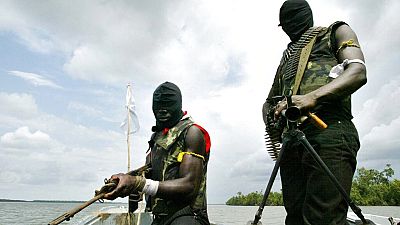

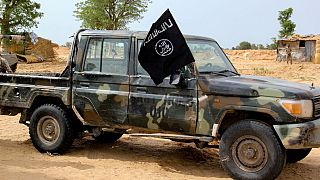
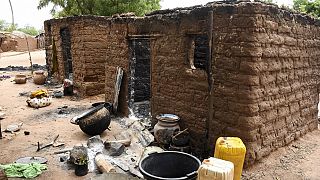
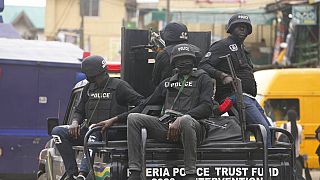
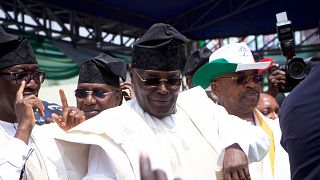





Go to video
WAFCON 2024/25: Road to the semi-finals begins
Go to video
U.S deportees put in solitary confinement in Eswatini: government spokesperson
Go to video
Togo holds first local elections since controversial power shift
01:09
Prince Harry visits Angola in repeat of Diana's iconic 1997 trip.
Go to video
Islamic preachers in Burkina Faso rally against social media hate
Go to video
Ruto's $9M mega church sparks outrage amid Kenya's crisis